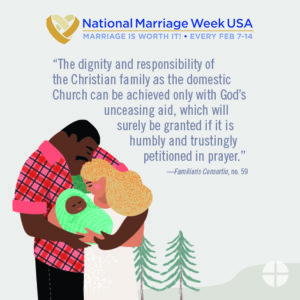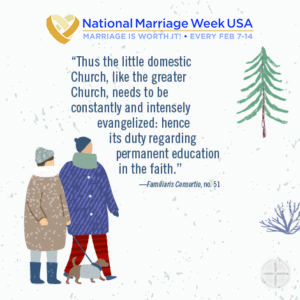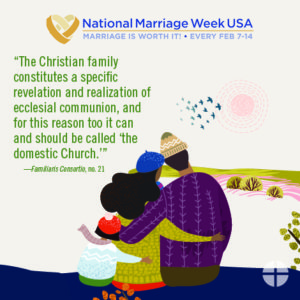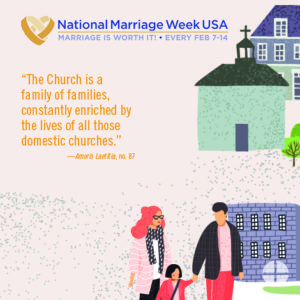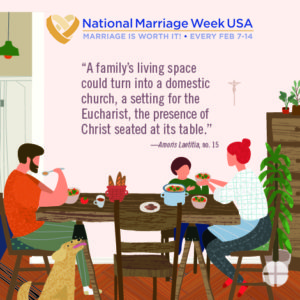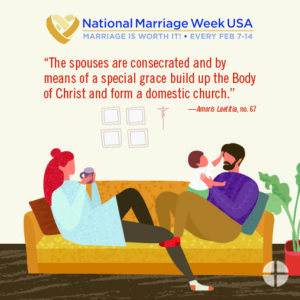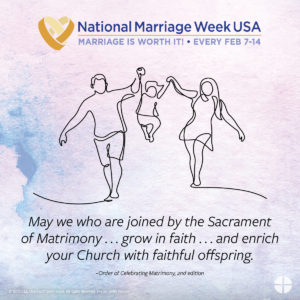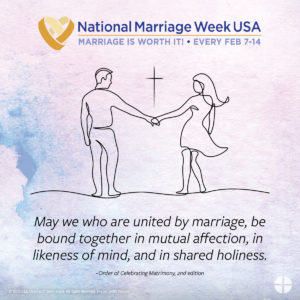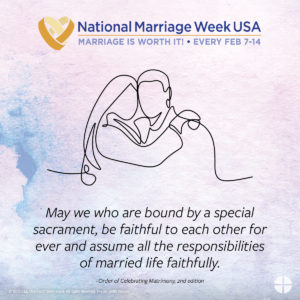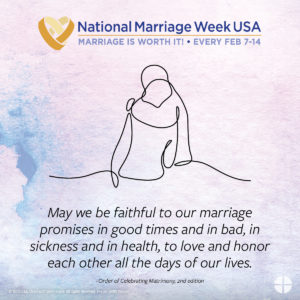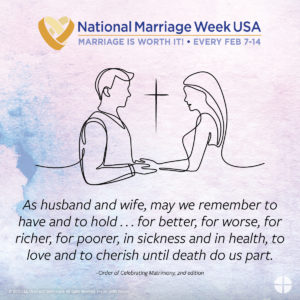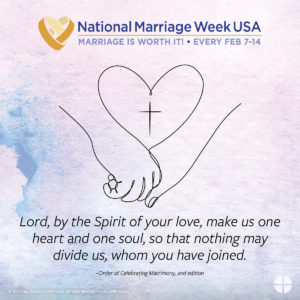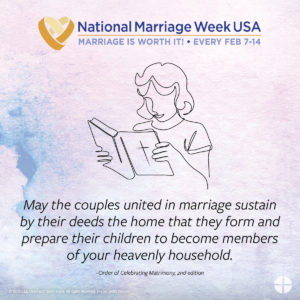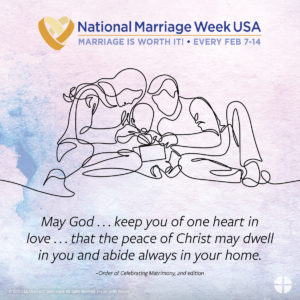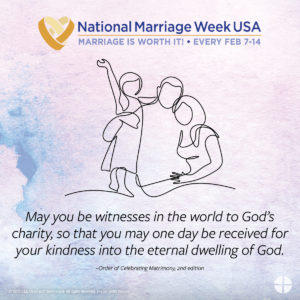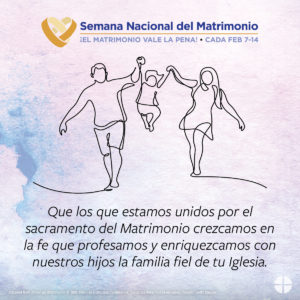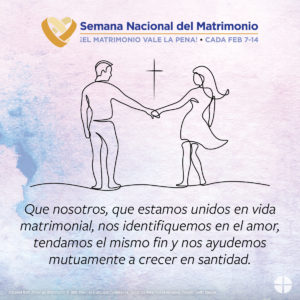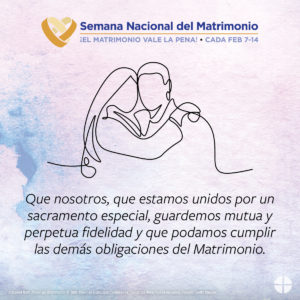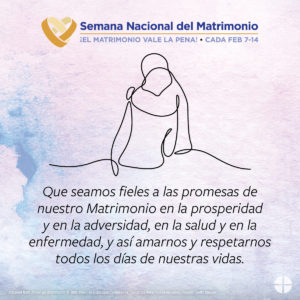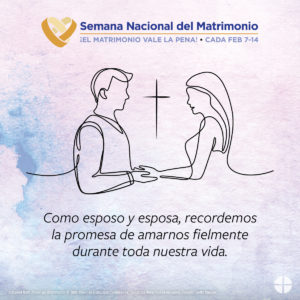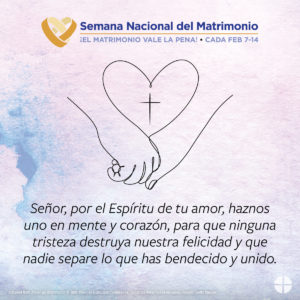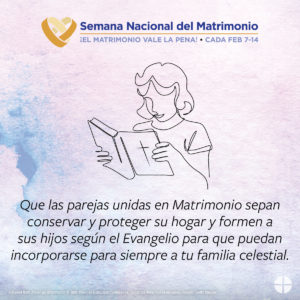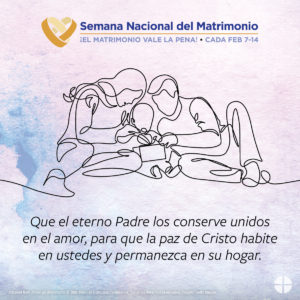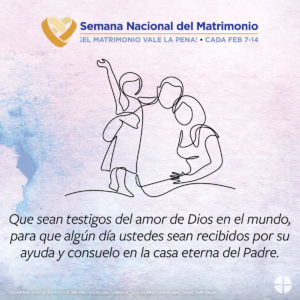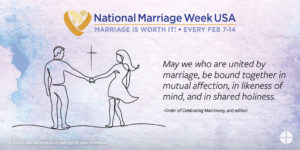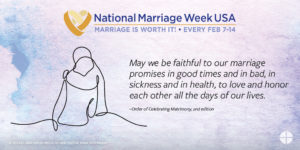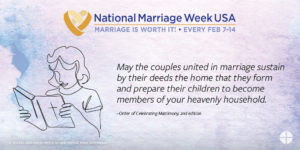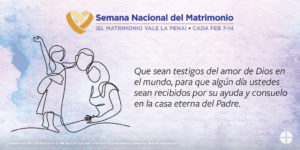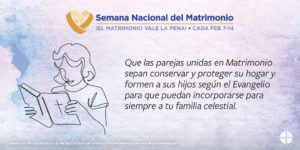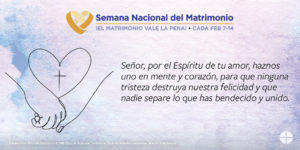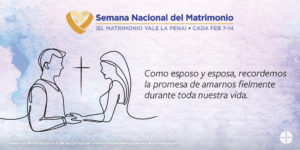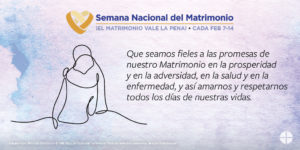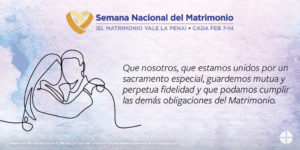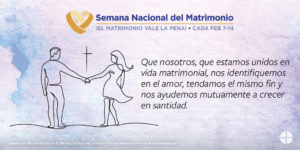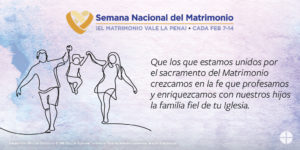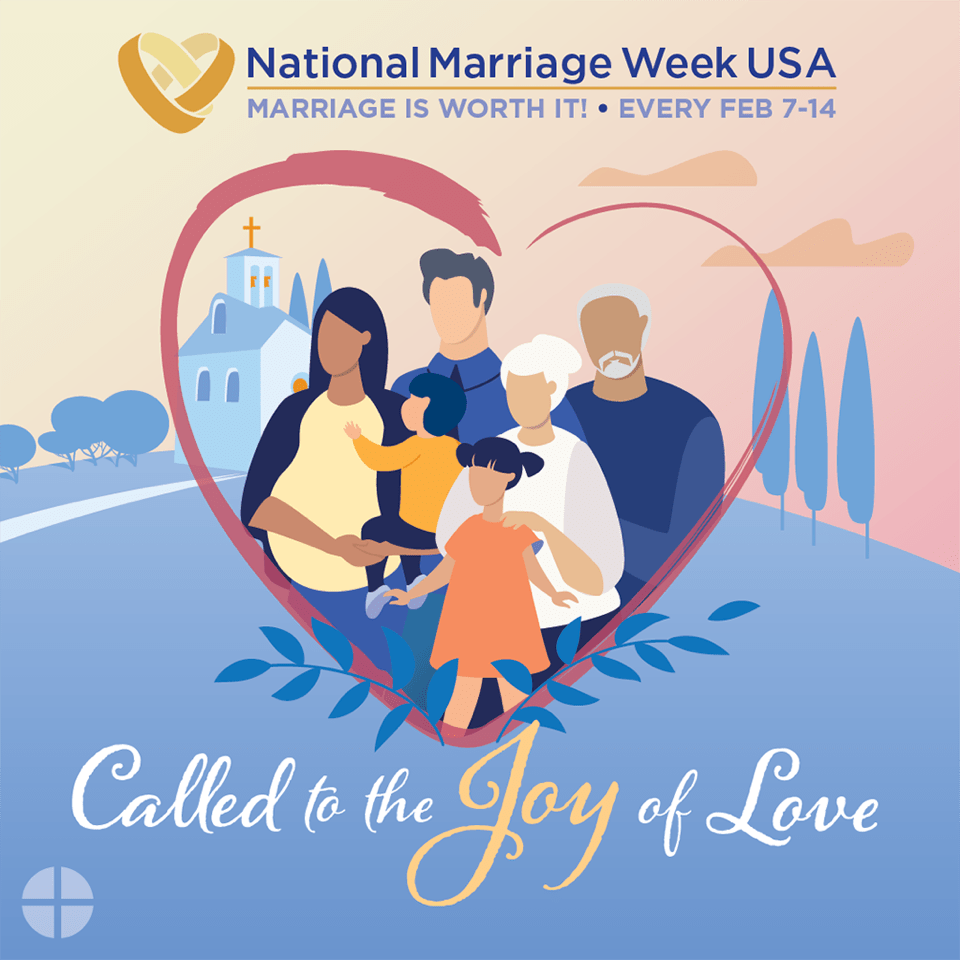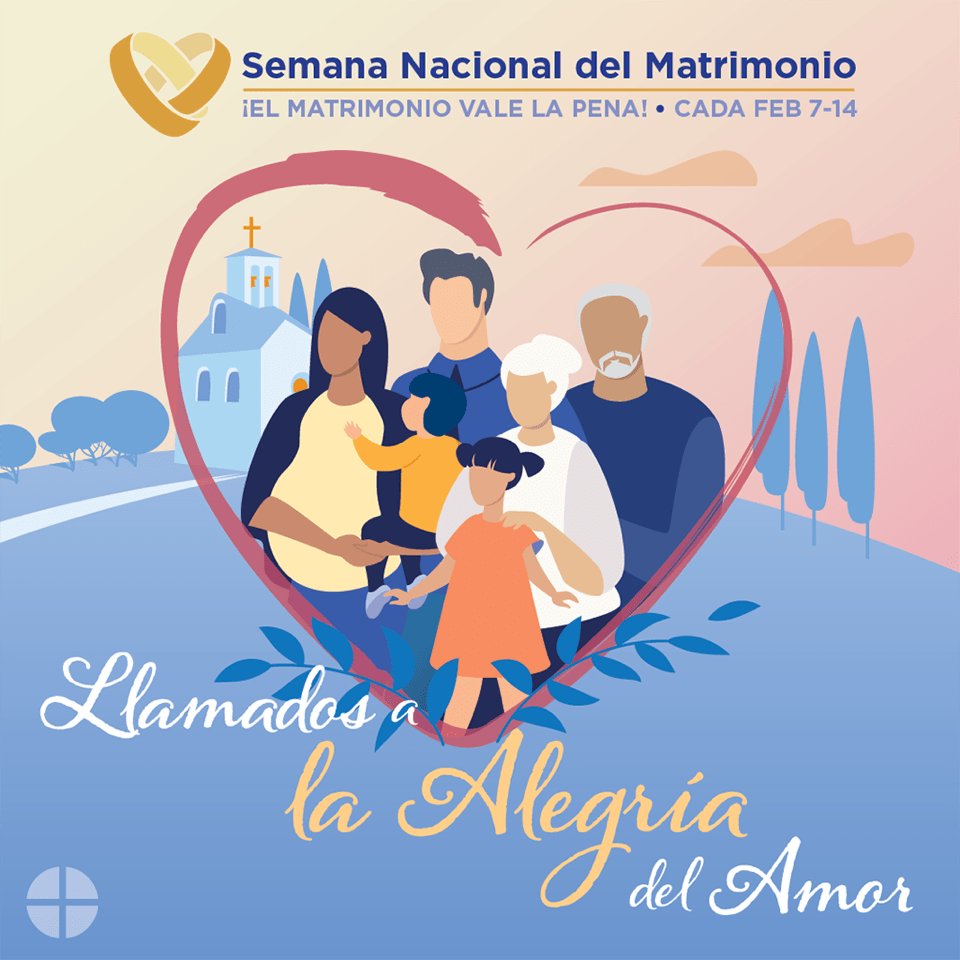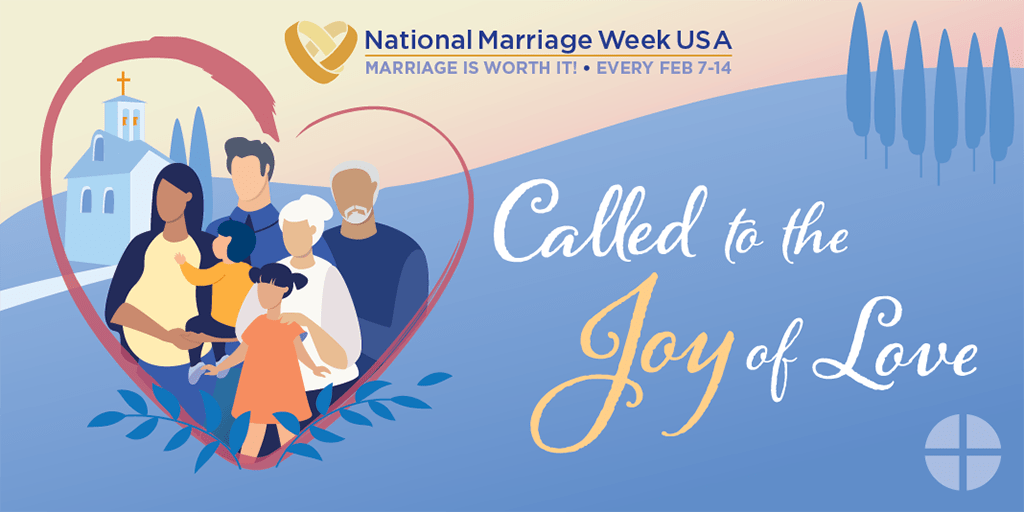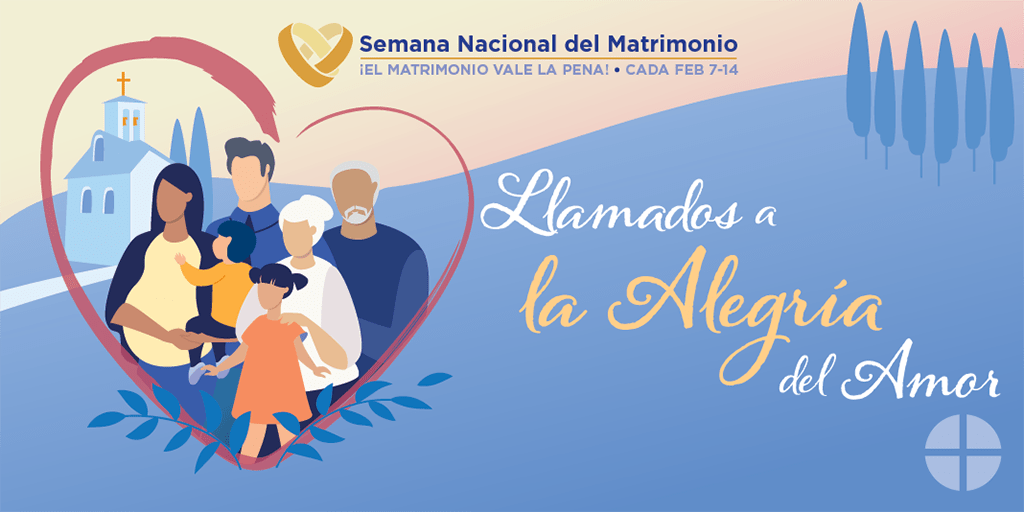September is National Suicide Prevention Awareness Month. Every day, around 123 Americans die from suicide. Annually, around a quarter of a million Americans will survive an attempted suicide.
Phone calls to suicide hotlines have skyrocketed. According to the Center for Disease Control, the number of people reporting thoughts of suicide has more than doubled from 4% in 2018 to 11% in June 2020. Even before the pandemic, suicide rates had been increasing over the past several years. In 2018, The National Center for Health Statistics reported that suicide was the tenth leading cause of death in the United States and the second leading cause of death in people ages 15-34. And, while women attempt suicide three times more often than men, men are three times more likely to have a fatal outcome.
Because the number of suicides and suicidal attempts continues to climb, the number of people affected by it has increased, as well. If you or someone you love needs support, please reach out. A trusted priest or your diocesan marriage and family life director can help you get started.
Church Teaching
“Man has been given a sublime dignity, based on the intimate bond which unites him to his Creator: in man there shines forth a reflection of God himself” (Pope Saint John Paul II, Evangelium Vitae, 34).
Recognizing that the human person is made in the image and likeness of God, the Catholic Church proclaims the dignity of all human life from conception until natural death. Every person is responsible for his life which is freely given to him by God. Because of each person’s inherent dignity, the taking of one’s own life is contrary to the love of God who gives us life, the love of our neighbor to whom we have obligations, and a just love of the preservation of one’s life (CCC 2280-2281).
While the Church recognizes the grave objective evil of suicide, She is a compassionate mother who recognizes that “grave psychological disturbances, anguish, or grave fear of hardship, suffering, or torture can diminish the responsibility of the one committing suicide” (CCC 2282). God alone is the judge of our actions and intentions. As such, “We should not despair of the eternal salvation of persons who have taken their own lives…The Church prays for persons who have taken their own lives” (CCC 2283).
The heart of the Church is the heart of a mother who holds particularly close all her children who suffer, especially those who are affected by depression, anguish, or the loss of a loved one to suicide.
USCCB Resources
- Youth Suicidal Behavior from the Pro-Life Secretariat may be particularly helpful for parents and those who work with young people.
- This article shares how the tragic death of the author’s son to suicide inspired the starting of the Emmaus Ministry to Grieving Parents, which serves parents who have lost a child of any age or by any cause.
- For information on Physician-Assisted Suicide and Euthanasia please visit the USCCB Secretariat for Pro-Life Activities
Other Resources
- Made for Love Episode 35: When It’s All Too Much: Suicide and the Family
- An online resource for those who have lost a loved one to the tragedy of suicide from the Marian Fathers. For a limited time, the Marian Fathers are offering the free book, After Suicide: There’s Hope for Them and You. To learn more, visit their website here.
- Good Mourning Ministry offers Catholic bereavement support both through workshops and online through a video series available on formed.org.
- Books reviewed on For Your Marriage:
- The Catholic Guide to Depression, By Dr. Aaron Kheriaty
- Let Me Sow Light: Living with a Depressed Spouse, by Amy Viets and Bernadette Stankard






